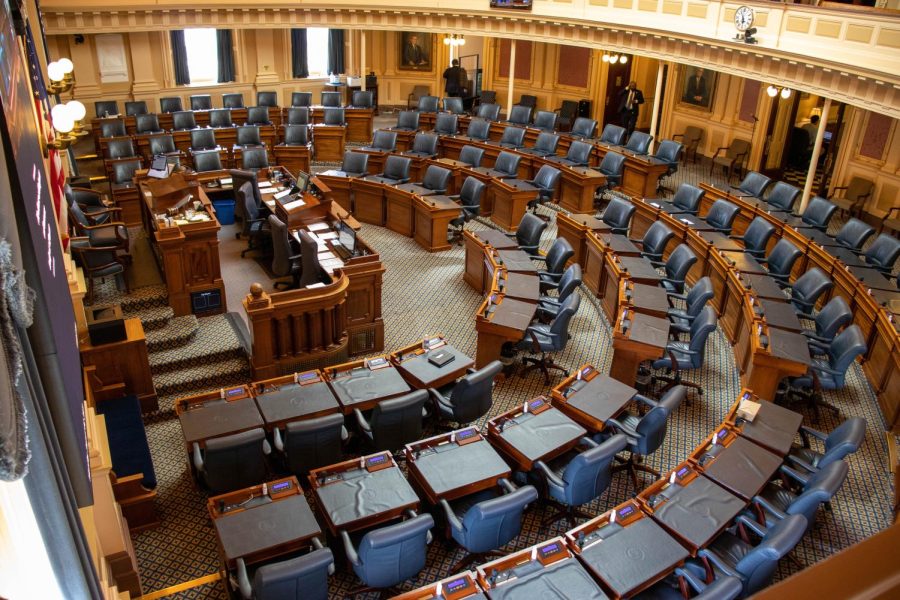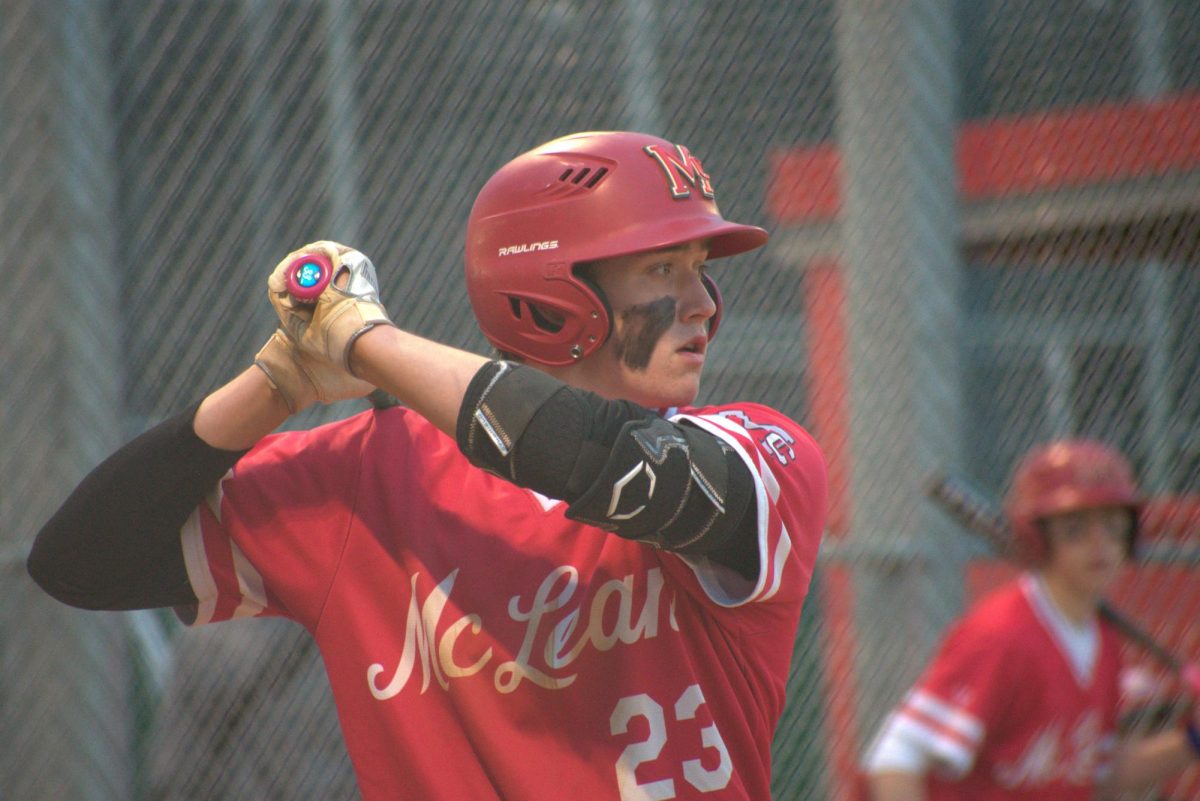Senate Bill 739: In-person learning and masking in schools
Introduced by Sen. Siobhan Dunnavant
Youngkin signed Senate Bill 739 into law on Feb. 16. The bill requires school boards to offer in-person instruction, except for 10 unscheduled remote learning days, and allows for parents to choose whether or not their child will wear a mask at school.
Originally, the bill was meant to take effect for the 2022-23 school year. Gov. Youngkin, however, proposed an emergency amendment requiring local school divisions to comply with the bill by March 1, 2022. FCPS made masks optional in accordance with the law and issued a statement two days later.
“We recognize our legal obligations and will maintain our commitment to the health and safety of our students and staff,” a Feb. 18 message from Superintendent Scott Brabrand said.
The law has been divisive for the school community. Some students have shown support for the new law.
“I support Youngkin’s new plan because masks are annoying, it’s harder to breathe, and it gives us the right to choose,” senior Colvin Pederson said.
In contrast, others have expressed disagreement with the flexibility the law provides.
“I support mask requirements because I support masks in general,” freshman Areen Hashemi said. “Even if it’s forced, it’s for the best…in a school with so many people, we need to wear masks to protect ourselves.”
House Bill 1188: Student Advisory Board for state education
Introduced by Del. Glenn Davis
House Bill 1188 establishes a Student Advisory Board to provide student perspectives to the Virginia Board of Education. It will consist of eight members appointed by the Governor, each of whom will serve a one year term through their senior year of high school with no potential for reappointment. The bill does not establish how the Governor appoints students to the board nor how much power the advisory board will have in the policymaking process.
“I think having a Student Advisory Board is a really beneficial idea because students, especially the seniors who have stayed the longest, are able to voice issues faced in their four years of [high school],” freshman Emily Ma said.
As of April 14, the Governor returned the bill to the House with recommendations for amendments.
House Bill 1022: Native American excused absences
Introduced by Del. Elizabeth Guzman
One excused absence per school year will be given to any student who wishes to attend their tribal nation’s pow wow, cultural gatherings held by indigenous communities. The nation must be state or federally recognized and headquartered in Virginia, and parents must give advance notice of the absence in accordance with attendance regulations. The bill was passed unanimously in both the House and the Senate, and was sent to be signed by the Governor on March 10.
“The passing of HB 1022 signifies a step towards supporting indigenous cultural inclusion,” Combating Intolerance teacher Michael Stone said. “As Indigenous Peoples were moved onto reservations…Pow wows, although held in secrecy, helped tribes resist colonization, maintain some level of dignity and preserve connections to important traditions.”
The bill was sent to the governor on March 11 and was signed into law on April 8.
House Bill 585: Changes to SOL exams
Introduced by Del. Schuyler VanValkenburg
Middle and high school students will only need to take the minimum number of end-of-course exams needed to meet federal and graduation requirements dependent on their school district. This includes SOLs for Virginia/US History, Biology, Civics and Economics. It has the potential to change the way teachers instruct classes by slowing class pace and allowing for diversified instructional methods.
“When you have something like an SOL at the end of every class, teachers begin to just teach to the test,” sophomore David Weinstein said. “I think with this change, students will be able to [focus on] learning, not [doing] well on an exam.”
Teachers are also hopeful to be able to teach without worrying about fitting in the year’s curriculum before standardized tests.
“I would prefer to have the flexibility to teach things when I want to,” science teacher Laura Schultz said. “I trust Fairfax County teachers that [they’re] going to teach the curriculum if there isn’t a test at the end of the year.”
The Department of Education is required to develop a plan for the implementation of such end-of-course exams no later than the beginning of the 2027–2028 school year. The assessments are expected to account for 10 percent of a student’s final grade. As of April 11, the House made amendments to the bill that Governor Youngkin recommended.














